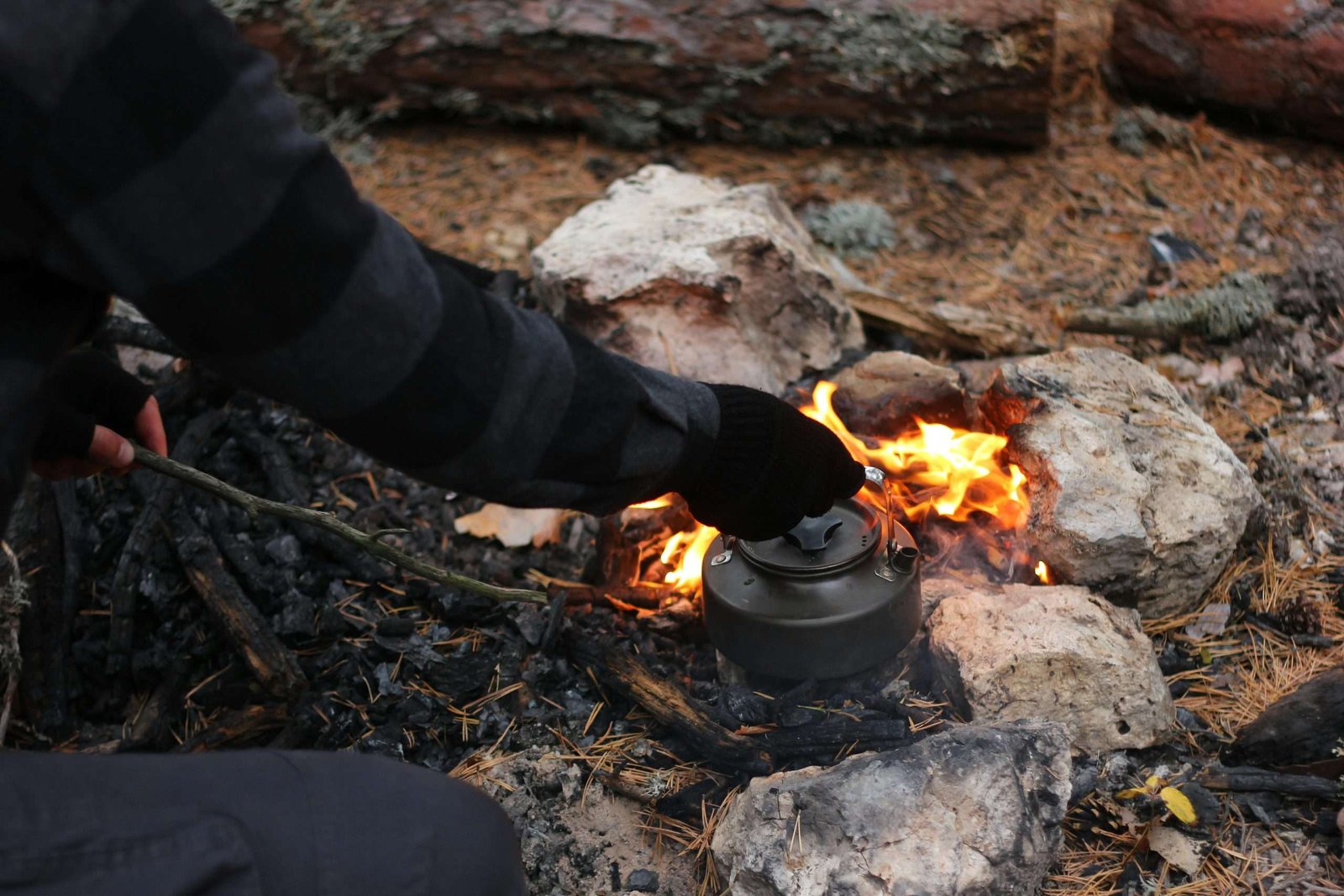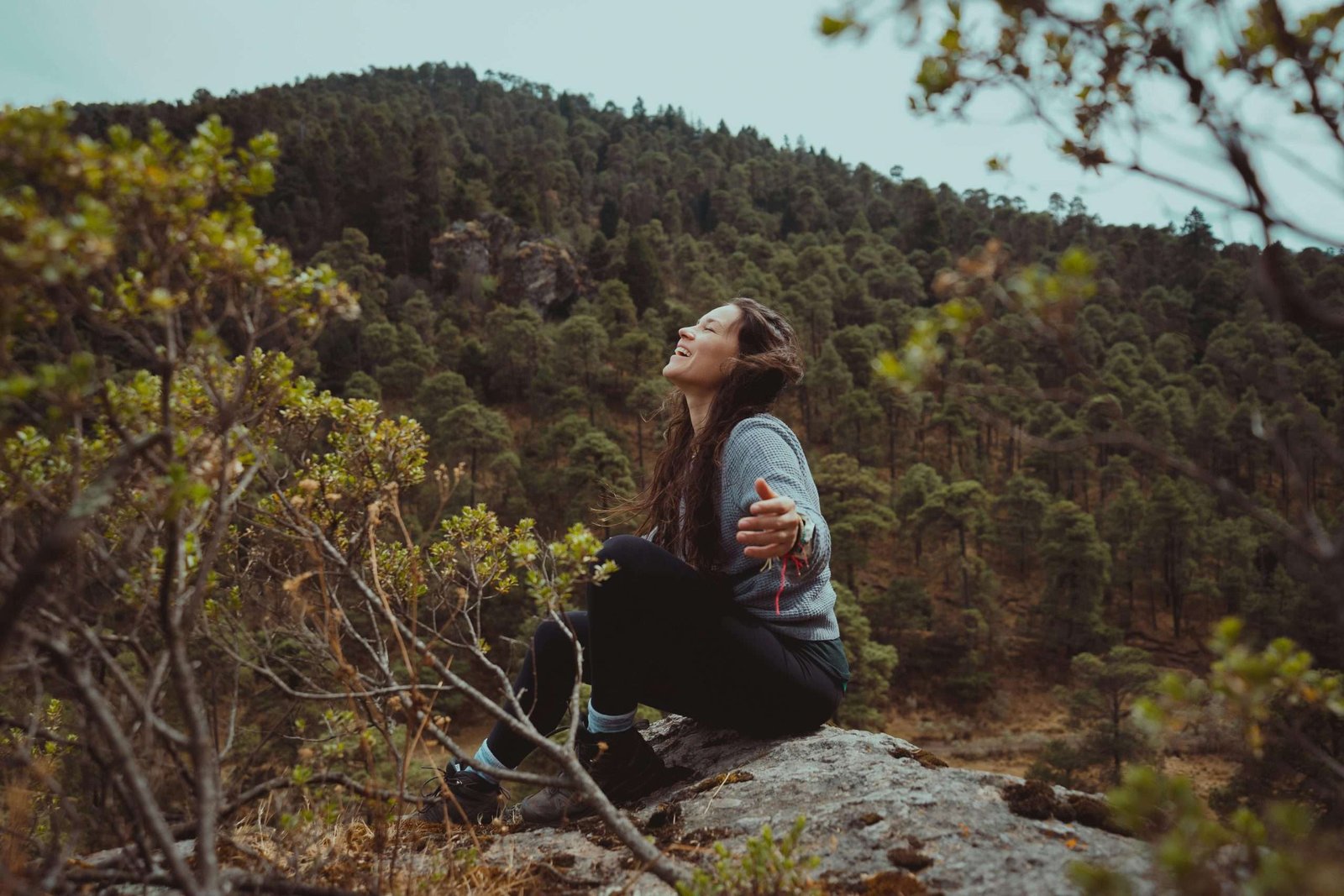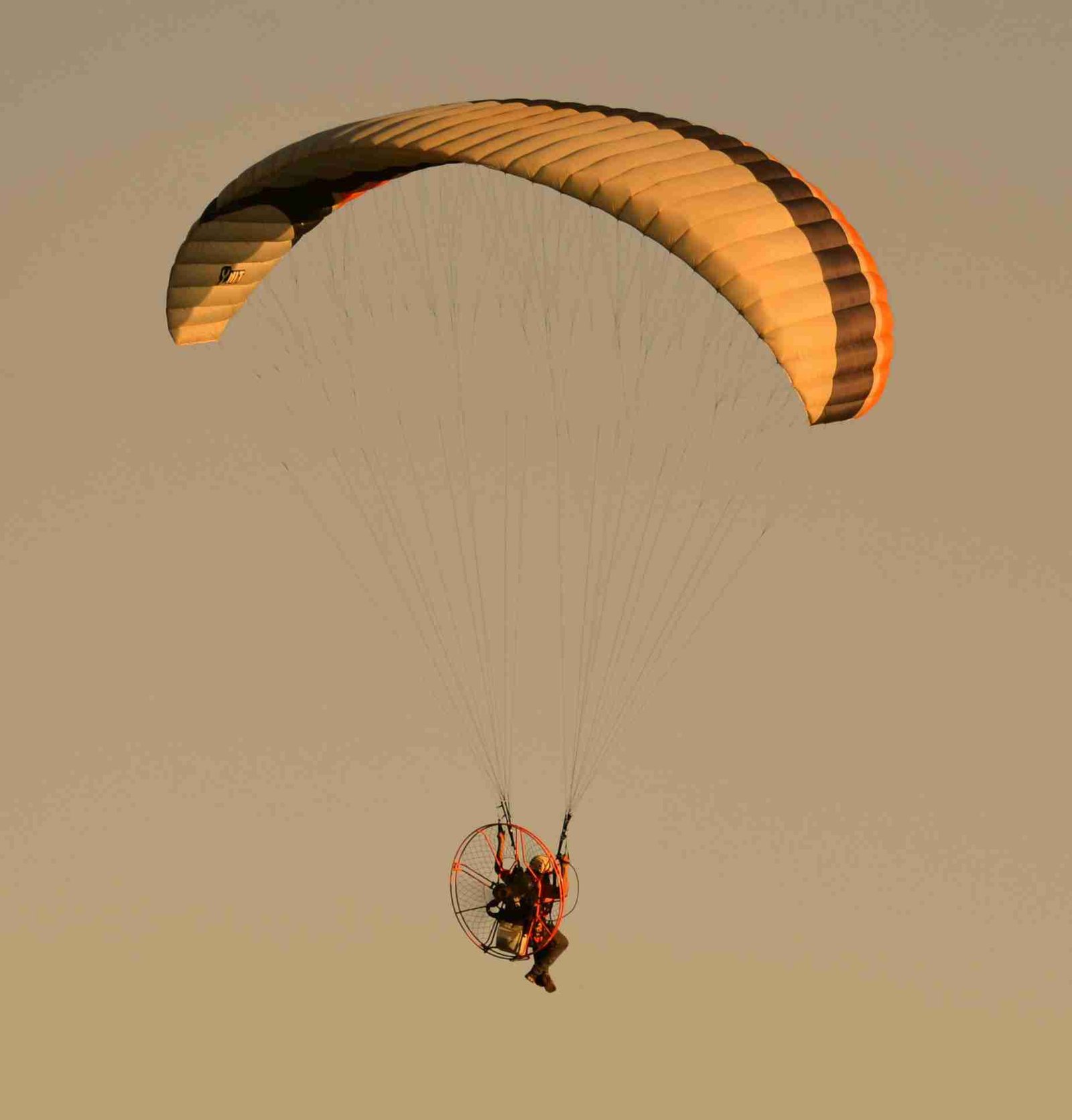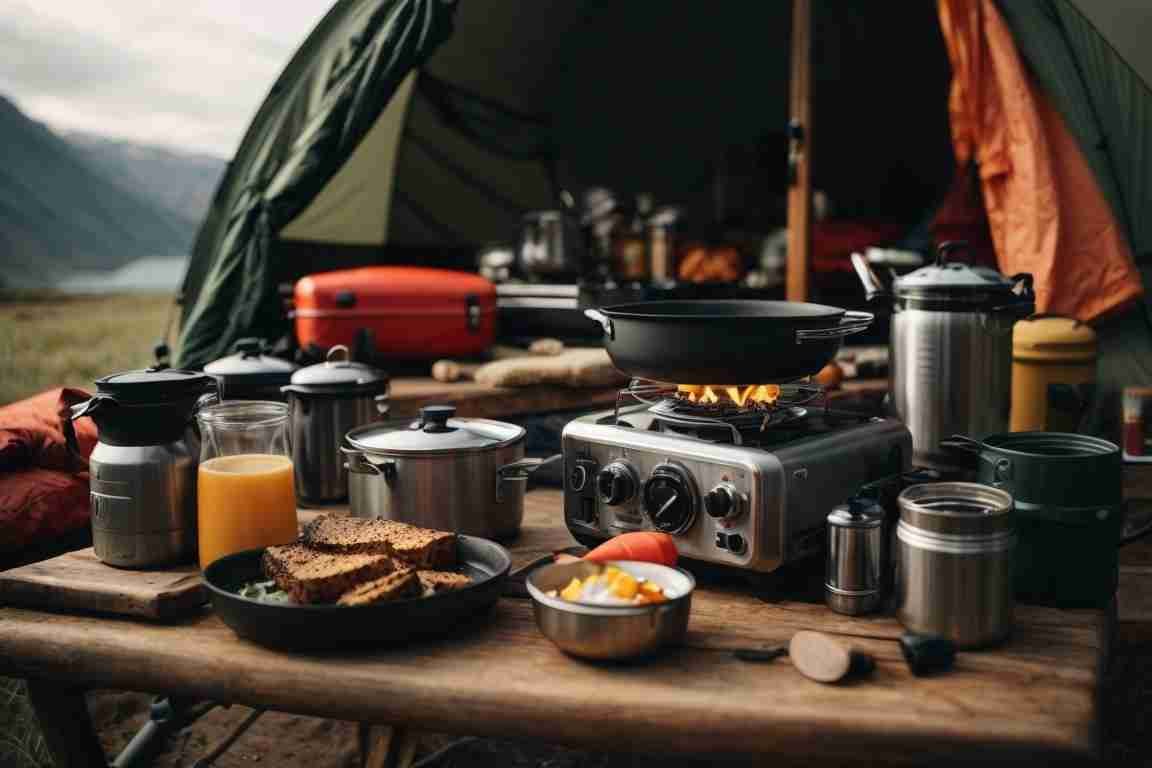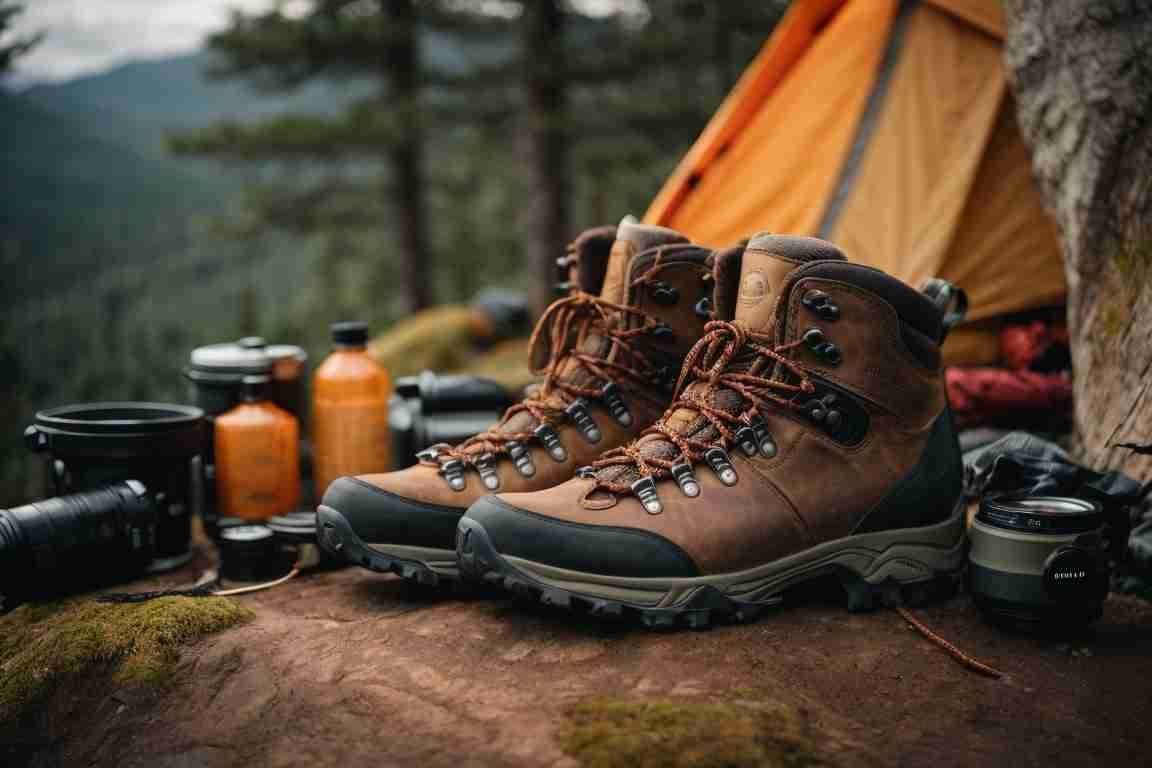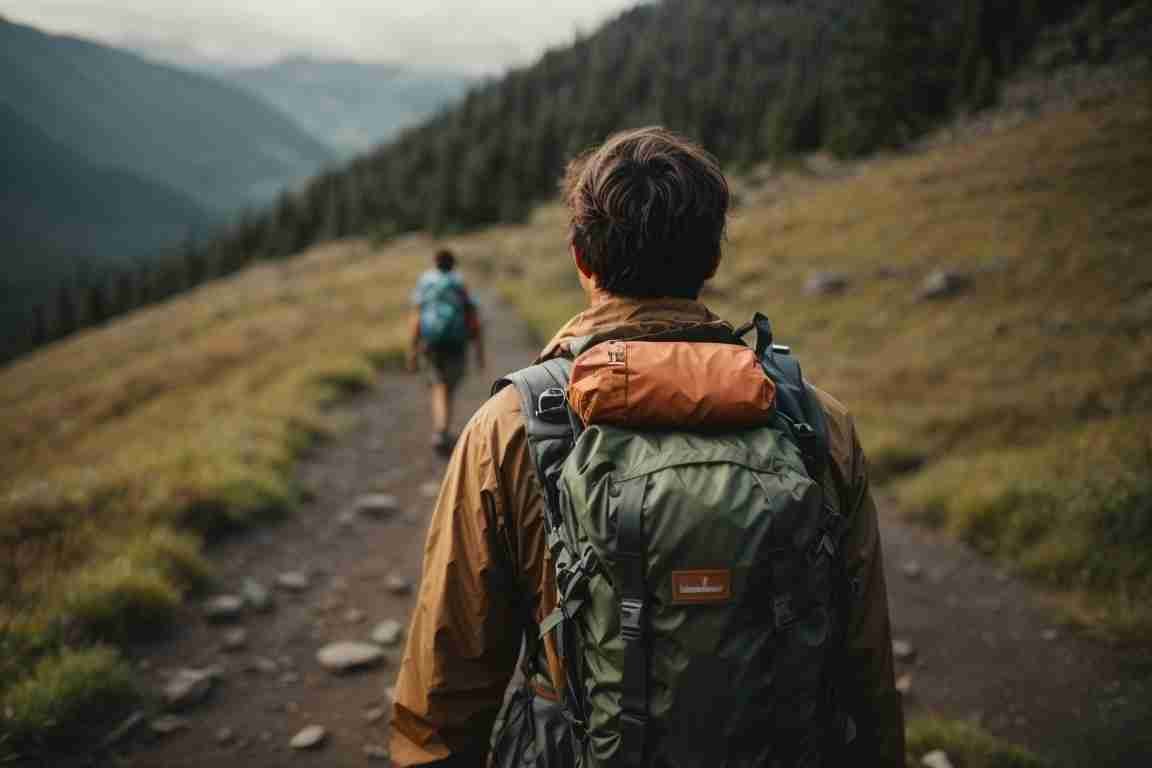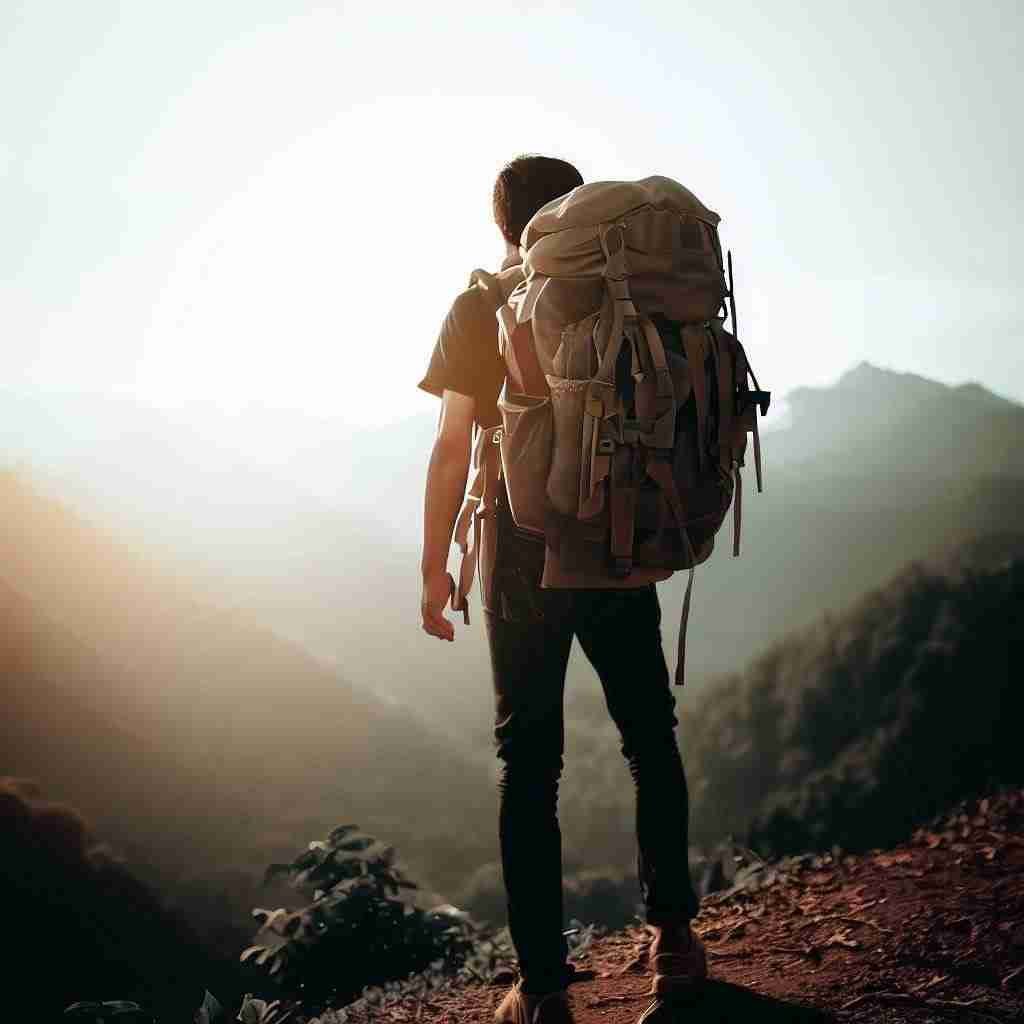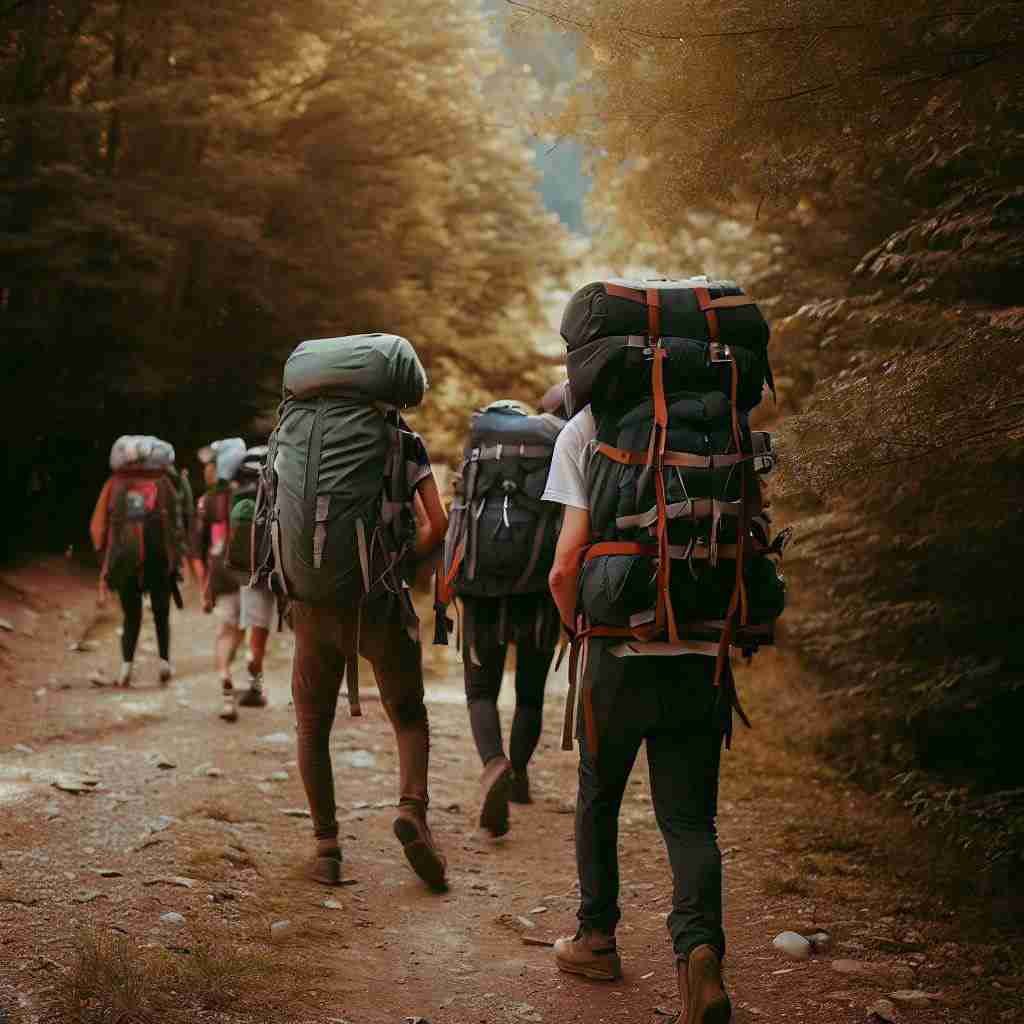Urban Adventure: Rediscovering Cyprus’s Cities Through the Eyes of a Vagabond
When most people hear “adventure in Cyprus,” they immediately picture forested trails, rugged peaks, or hidden coves. However, embracing an urban adventure in Cyprus could be the next great experience, tucked between alleyways, rooftops, and centuries-old city walls.
As Vagabundos, we live for exploration. Sometimes, that means flipping the map and diving into the urban terrain right beneath our feet.
🔍 Vagabonding Through the Concrete Jungle
Urban adventure isn’t about ticking tourist boxes—it’s about uncovering stories and immersing yourself in the city’s hidden rhythm. Cities like Nicosia, Limassol, and Larnaca hold layers of history, creativity, and raw charm that many overlook. Consider these cities for your next urban adventure in Cyprus.
Instead of planning every step, step into the unknown. Wander without Google Maps. Follow the smell of street food. Let the sound of a busker’s guitar guide your route. Discover rooftop views that only locals know.
Here’s how to turn your next city stroll into a Vagabundo-style mission.
📍 Nicosia: The Divided City, Undivided in Soul
No city on the island pulses like Nicosia. The world’s last divided capital, it’s a maze of Nicosia pulses with energy unlike any other city in Cyprus. As the world’s last divided capital, it mixes Ottoman relics with modern street art, silence with rhythm. This fusion makes Nicosia perfect for an urban adventure in Cyprus.
Explore these Vagabundo-style gems:
- Trace the Green Line: Walk along the buffer zone and feel the surreal stillness between two worlds.
- Seek Rooftop Cafés: Find hidden balconies with sweeping views of both sides of the city.
- Venture into Forgotten Buildings: Hunt for half-abandoned corners of the old city where stories linger in dust and cracked walls.
👉 Pro tip: Chat with shopkeepers in Laiki Geitonia. They often share more insight than any guidebook ever could.
🌊 Limassol: Street Art Meets Sea Breeze
- Although known for its beaches and nightlife, Limassol also buzzes with creativity. As you explore its winding streets, you’ll find murals, galleries, and urban poetry that transform concrete into canvas. This combination means an urban adventure in Cyprus wouldn’t be complete without visiting Limassol.
- Turn your walk into a micro-adventure:
- Do a Street Art Scavenger Hunt: Spot 10 murals and snap your interpretations. Share them with #LosVagabundosCY.
- Walk the Port-to-Park Route: Start at the old port, wander through the town, and end in the municipal garden with a street snack in hand.
- Chase Sunset Views: Use your instincts. Parking garages and quiet rooftops often offer the best cityscape panoramas.
- 👉 Limassol doesn’t shout—it whispers its beauty to those who listen.
🕰️ Larnaca: Echoes of the Past in a Modern Beat
Larnaca feels like a timeless vinyl record—crackling with nostalgia yet spinning with modern rhythm. From Hala Sultan Tekke to neon-lit alleyways, every step invites you into a story of urban adventure in Cyprus.
Here’s how to uncover its vibe:
- Walk to the Salt Lake: During winter, wander from the city center to the lake and watch flamingos fade into the mist.
- Find Retro Cafés: Look for old kafeneia with dusty bookshelves and play tavli with a regular.
- Ask About Local Legends: Strike up conversations and uncover the haunted spots and ghost stories that live off the map.
👉 In Larnaca, you don’t just walk—you time travel.
🎒 Vagabundo Tips for Urban Exploring
To explore like a true Vagabundo:
Always Look Up: Rooftops, balconies, and faded signs hold the city’s secrets.
Travel Light: Pack a small camera, water bottle, notebook, and your sense of wonder.
Talk to Strangers: The best stories come from the people who’ve lived them.
🗺️ Final Word: Adventure Isn’t Always Remote
Remember, adventure doesn’t always require boots, backpacks, or wilderness. Sometimes, it lives just around the corner—in the rust of a forgotten gate, the thrum of a back alley, or the warm hello from a stranger. Urban adventure in Cyprus exemplifies these unexpected delights.
So the next time you find yourself in a Cyprus city, don’t just visit—vagabond.
And if you discover a secret spot, tag it with #LosVagabundosCY or drop us a message. Let’s explore the urban wild together—one story at a time.


